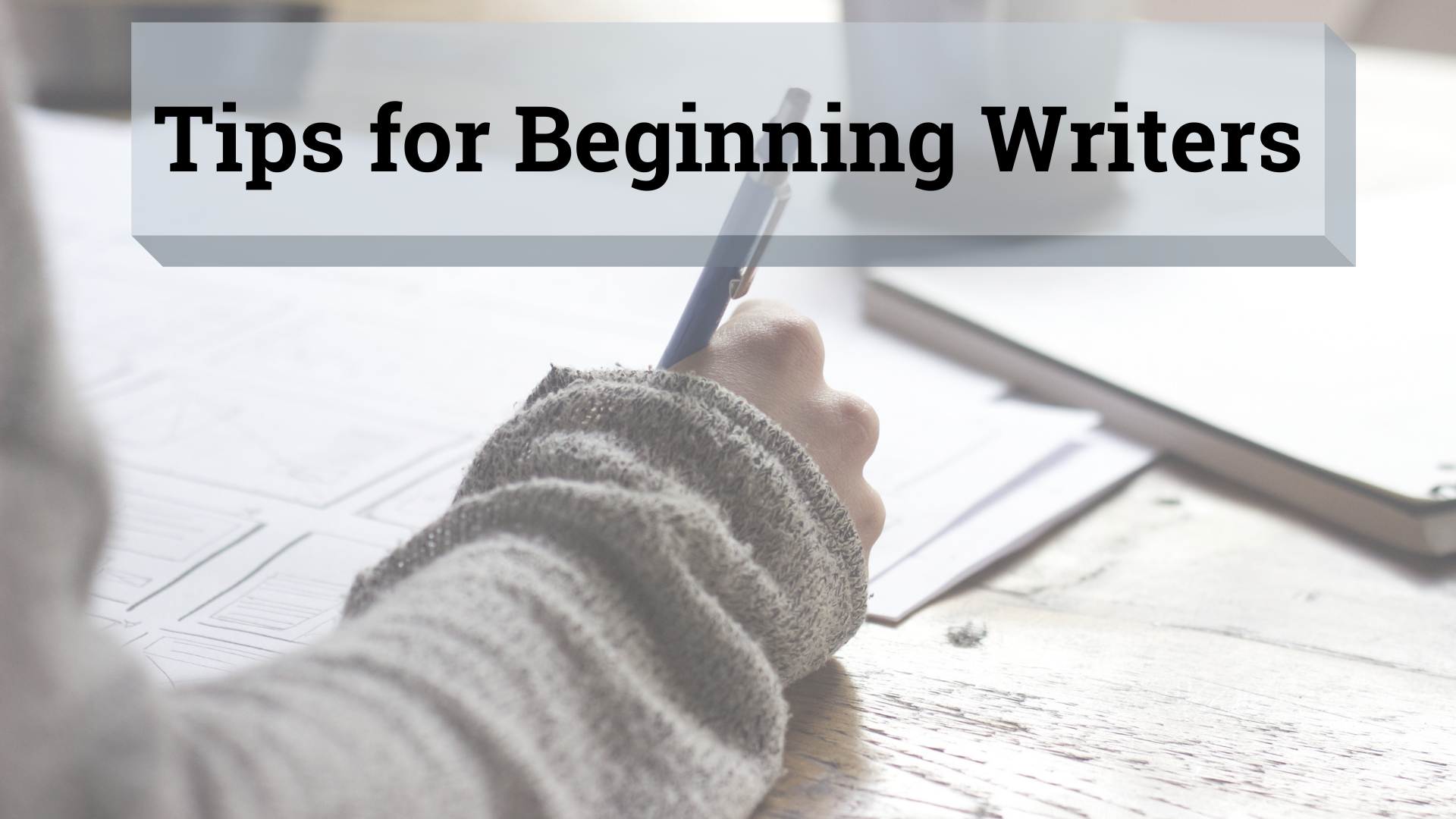
If you’ve ever had an idea in your head for the next best-selling novel, you may be all too aware of the struggle that comes with writing: well… writing!
Generating ideas, building a world and creating characters are all fun, but when it comes to taking the pieces in your head and putting them into words, it’s easy to find yourself down with a case of writer’s block. Other times you write yourself into a plot corner and struggle to find a way out of it.
As a longtime writer, and with a Bachelor’s in creative writing under my belt, I am all too aware of the struggle. I have also previously worked as a writing tutor, and I’m even grateful enough to be writing right now! Needless to say, I have no idea what I’m doing.
However, novice writers might find it comforting (or extremely discouraging) to know that having difficulty in the writing process is natural. Everyone from beginners to best-sellers struggle from time to time.
There is no doubt about it, writing can be difficult, but there are ways to make it easier on yourself. Here are a few reminders for all writers:
- Write what first comes to mind, even if it seems horrible at the time. For me personally, trying to edit while I’m writing ruins my ability to get into the flow of jotting words down. When you listen to the voice that yells about how terribly written that last phrase was, and how dreadful your word choices are, you’re not fully engaging in your writing. It’s easier to make something sound good when there’s something tangible, rather than staring at an empty word document and expecting your magnum opus to magically appear out of thin air. Just write and have fun with it-- once it’s time for editing, then you can rip it to shreds.
- On the topic of editing, a first draft is not a final draft.(I put that in bold because it’s that important. Whatever skills you grew from writing papers at 11:30 PM for college English is null and void.) It is all too tempting to finish a draft and never look at it again, saying “ehh, this is good enough.” However, after working on the same document long enough, you become blind to some of your less obvious mistakes. A way to solve this is once you’ve finished a short story, or a chapter, etc., sit on it for a couple days at the least. When you come back to it, you can make more worthwhile edits. Having someone else look over your work is also equally important! Sometimes something only makes sense to you, or something you love doing in your prose detracts too much from your plot. Be ready to kill your darlings.
- Always be reading. Writing is a skill that has to be honed; authors don’t intrinsically know what or how we want to write until we absorb the styles and tones of the writers that inspire us. In Stephen King’s On Writing (which is a must-read for writers),he says it better than I could:
“You have to read widely, constantly refining (and redefining) your own work as you do so. It’s hard for me to believe that people who read very little (or not at all in some cases) should presume to write and expect people to like what they have written, but I know it’s true… Can I be blunt on this subject? If you don’t have time to read, you don’t have the time (or the tools) to write. Simple as that.” (pg. 142) - Above all else: don’t give up. Don’t throw away pages of work and say, “This is awful.” Keep learning. Keep experimenting. Analyze how your favorite writers turn words into magic; recreate that. Don’t doubt yourself as a writer. You have a voice and a perspective that is yours and yours alone, don’t be afraid to share it with the world!
If you have an idea for a book, or if you want to publish your book and don’t know where to start, ISU’s CEWT is offering an upcoming course on writing: Writing A Book from Start to Finish.
This fun, informative class will teach you the basics of writing a novel and getting it published, both via print and eBook. The course is divided over two class sessions; in the first, the first class session will cover plotting, the second class will focus on the difference between traditional publishing vs. self-publishing vs. hybrid publishing.
"This class is geared toward beginners who want to write a book. There is so much to know about the world of writing and publishing, that this class will cover the bare basics," said Joanne Hirase-Stacey, instructor of the course. She has been published in several magazines and anthologies, including short stories, nonfiction, and poetry. "What I hope [this class] does, is inspire people to write."
This class will be held online on March 9 and March 16, from 6-8 PM. If interested in registering or for more information on the class, click here.

-1.png)
